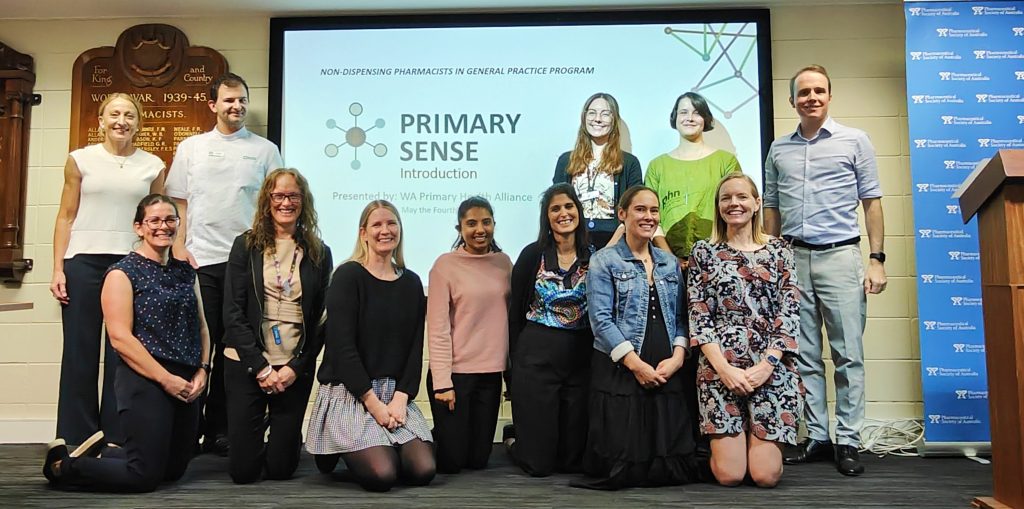Thirteen general practices across Western Australia have integrated non-dispensing pharmacists into their teams, supporting improved patient outcomes and quality use of medications.
As part of the care team, non-dispensing pharmacists deliver clinical pharmacy and education services to patients and practice staff through a coordinated, collaborative and integrated approach.
WA Primary Health Alliance (WAPHA) has partnered with the WA branch of the Pharmaceutical Society of Australia to roll-out the program, after the success of previous non-dispensing pharmacist programs.
Pharmaceutical Society of Australia WA State Manager, Mayli Foong, said pharmacists are an excellent addition to the care team.
“Their work includes assisting in medication reconciliation, medicine advice to patients and health professionals, improving transitions of care, prescribing audits to improve quality use of medicines, and contributing to existing MBS and DVA item numbers such as care plans, and case conferences.
“Adding a pharmacist to the collaborative care team within general practices reduces silos of care and improves existing relationships with community pharmacy. The learnings from this program will assist practices to embed multidisciplinary, team-based care and will provide insight into sustainability for these roles into the future,” she said.
Non-dispensing pharmacists within the program are supported by WAPHA’s quality improvement coaches to undertake quality improvement activities that align with the needs of the practice and their vulnerable populations. This includes targeting of patient cohorts utilising the reports available from Primary Sense, a population management, clinical decision support and extraction tool currently being rolled out to general practices nationally.
The group recently attended a session hosted by WAPHA and the PSA focussed on Primary Sense, providing an introduction and demonstration of some of its features and how these can translate into practice support and improved patient outcomes. Some examples included improved coordination of vaccines clinics, and identification of complex care patients who were due for services such as medication reviews and GP management plans.

